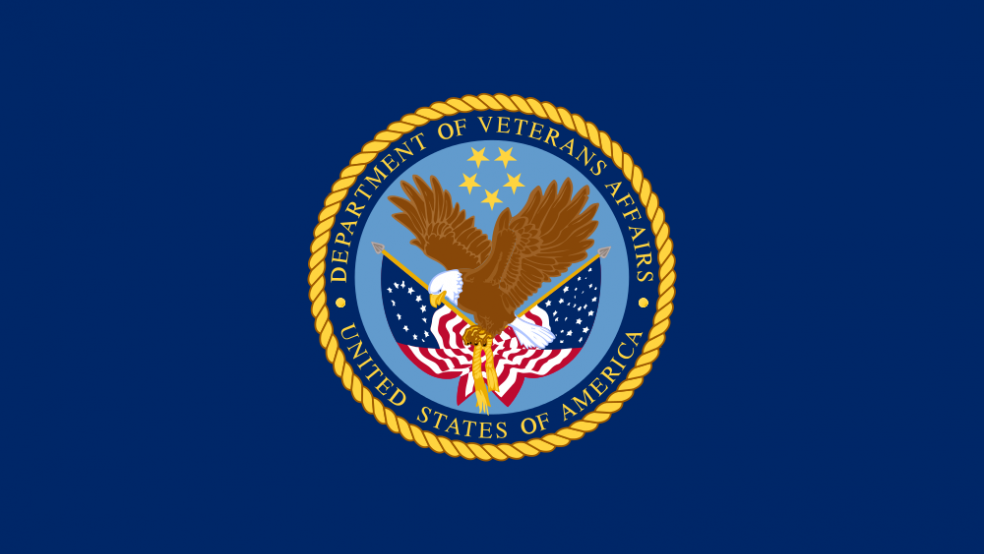The cost of treating veterans suffering from the potentially deadly Hepatitis-C virus has become so onerous that health centers run by the Department of Veterans Affairs are considering rationing funding -- essentially making life and death decisions about who qualifies for new costly miracle drugs and who doesn’t.
The New York Times reported this week that an internal proposal to address the shortage of funds by excluding certain patients who have advanced terminal diseases or suffer from a “persistent vegetative state or advanced dementia” is stirring debate inside the department.
Related: Costly Hepatitis C Drug Makers Face New Fire
The VA, the federal prison system, state Medicaid programs and Medicare are reeling from the high cost of Sovaldi and similar drugs, which can cost as much as $94,000 per patient, as The Fiscal Times has reported.
The idea of the premier federal agency responsible for caring for veterans engaging in drug rationing is highly controversial. Reports this week by The New York Times and The Washington Post strongly suggest that VA medical facilities are on the cusp of embracing the policy, if they haven’t already done so.
Related: The Life-Saving Drug That Almost No State Can Afford
Rep. Jeff Miller (R-FL), chairman of the House Committee on Veterans' Affairs, and other members are expected to raise the issue Thursday morning when the committee questions Deputy Secretary of Veterans Affairs Sloan D. Gibson on the department’s budget, according to a congressional source.
While lawmakers are alarmed by massive shortfalls in the troubled department’s budget after granting major funding increases last year, they are likely to take steps to alleviate the crisis over spending for Sovaldi and other high-priced drugs to prevent another scandal within the VA health system.
Gilead, the pharmaceutical company, insists that as much as $1,000 a pill is a fair price for the money it spent developing Sovaldi and Harvoni, a similar drug for treating Hepatitis C. The company has negotiated deep discounts of as much as 40 percent for the VA, the largest provider of care for those with chronic Hepatitis C infection. But the explosion in patient demand for the drugs is far outpacing the government’s budget resources.
The VA’s costs for drugs and medications have risen by nearly 17 percent, with much of the increase because of the new hepatitis C treatment. An agency memo from last month stated that the need for the new hepatitis C treatment “has greatly outpaced V.A.’s ability to internally provide all aspects of this care,” according to the Times.
Related: Medicare’s Budget Busting $4.5 Billion for Hep-C Drugs
Today’s hearing comes one year after public and congressional outrage over a disclosure by CNN that several dozen veterans died because of an inordinately long waiting list for getting treatment at a VA medical facility in Phoenix, Ariz. The Veterans Affairs internal investigations eventually identified 35 veterans who had died while waiting for care at the facility.
Congress last summer passed major VA overhaul legislation and approved $16.3 billion to expand community healthcare options for veterans who face long wait times and commutes, hire more doctors and nurses, and allow some veterans to seek private care to avoid lengthy waits.
Yet many problems persist and the number of veterans on waiting lists of one month or more is now 50 percent higher than it was during the height of last year’s problems, according to the Times.
Related: The VA Scandals: What You Never Knew
The department is also facing a nearly $3 billion budget shortfall, which could affect care for many veterans. Department officials reportedly are considering furloughs, hiring freezes and other significant moves to reduce the gap.
Top Reads From The Fiscal Times:





